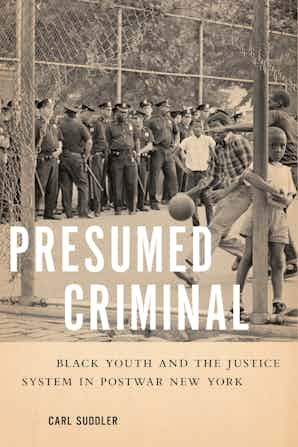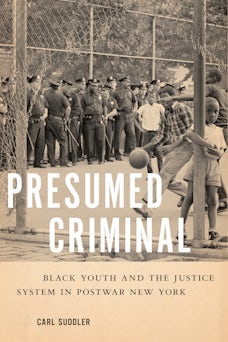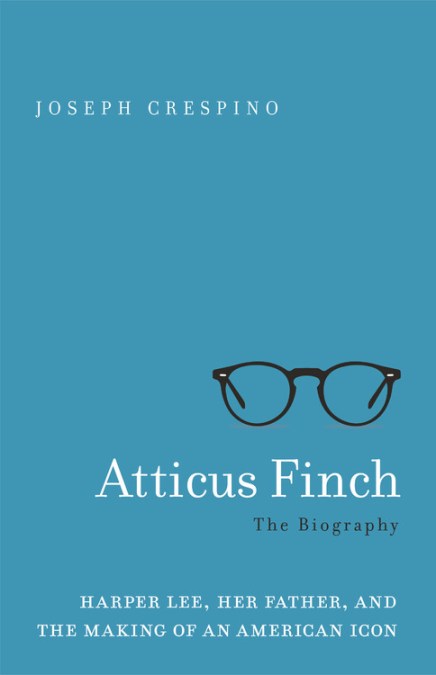
Assistant Professor of History Dr. Carl Suddler was recently interviewed by Diverse Issues in Higher Education about his new book, Presumed Criminal: Black Youth and the Justice System in Postwar New York. New York University Press published the book earlier this year. Lamont Jones wrote the piece for Diverse, entitled “Emory History Professor’s New Book Probes Black Youth, Criminal Justice.” Read an excerpt below, in which Suddler discusses the book’s cover photo, along with the full article here.
What’s the story behind that compelling cover photo?
[Suddler] “I love the cover image for several reasons. It’s a photo from 1966 Brooklyn. The patrolmen in the backdrop are amongst the 1,500 that were assigned to the neighborhood and, what I often like to point out, is the ‘diversity’ amongst the ranks. There is no information related to the ages of the boys in the image, but you can gather that they are all relatively young, especially the youngster peering out into the camera from the hole in the fence. At its core, however, I feel this image captures the crux of the book – and the heart of the problem today – and that is how normal the over-policing of Black and Brown communities has become. The boys continue to play ball; the officers continue to stand pat. Their proximity does not appear to phase the youngsters. However, we all know too well that increased interactions with the police often lead to increased arrest rates, arrest rates dictate ‘crime’ statistics, and as a country – because we have yet to figure out a better alternative – we rely on crime statistics to make sense of who is ‘presumed criminal.’ Whether or not they committed a crime becomes moot.”


